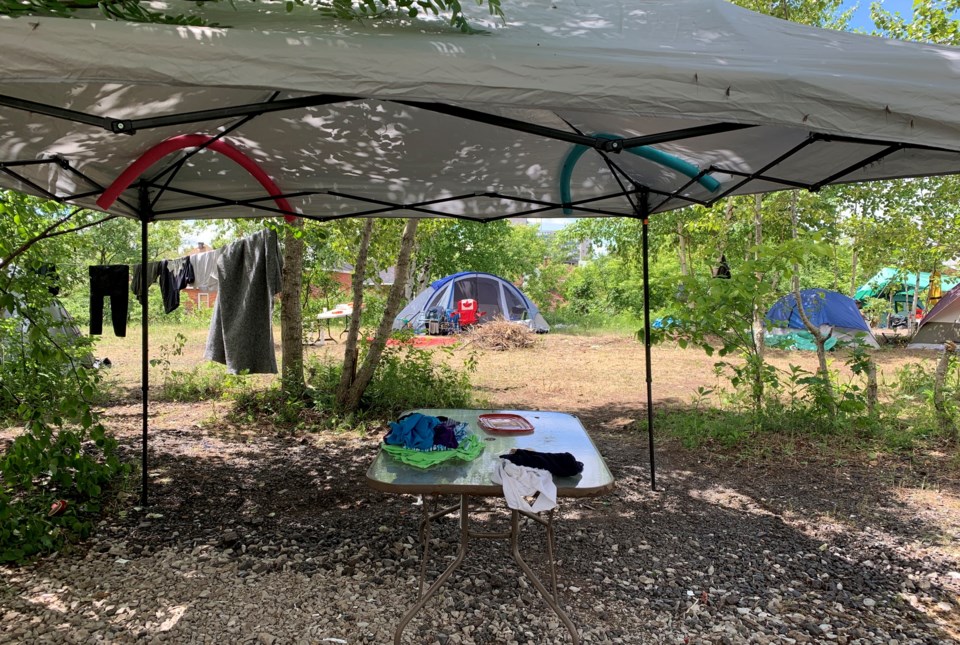This October the District of Nipissing Social Services Administrative Board (DNSSAB) will be coordinating the annual district-wide homelessness "Point-in-Time" (PiT) count and voluntary survey, working toward the implementation of the district’s very first By-Name List (BNL) registry.
"This registry is an important initial step in a new approach to ending chronic homelessness," says a news release. "With 40 registered community partners across the District, spanning from Temagami to South Algonquin, this year’s event will be the most inclusive to date."
“Homelessness is not exclusive to the larger communities within the District of Nipissing," says Mark King, Chair of the District of Nipissing Social Services Administrative Board.
A PiT count is an enumeration over a 24-hour period of homeless people. "
It provides a snapshot of what homelessness looks like in the district’s communities, and can be used to determine progress made toward ending homelessness. A BNL is a real-time registry of all known people experiencing homelessness that supports more efficient triage to local services. This information will allow agencies to better serve their clients based on their needs and helps to identify gaps in services and resources," explains the release.
On Wednesday, October 13, individuals and families experiencing homelessness may visit any one of the participating locations to complete a survey. By consenting to complete the survey, respondents have the opportunity to have their voices heard. Two registry days will also take place following the count on Thursday, October 14 and Friday, October 15, to allow people not counted to complete a survey and have their information added to the By-Name List.
“The By-Name List is a tool that will assist our service providers to more effectively work together to care for vulnerable community members," says Emmi Lunel of the AIDS Committee North Bay & Area. "As importantly, this coordinated community care approach will assist us in ensuring that our vulnerable populations do not fall through the cracks of service provision,”
